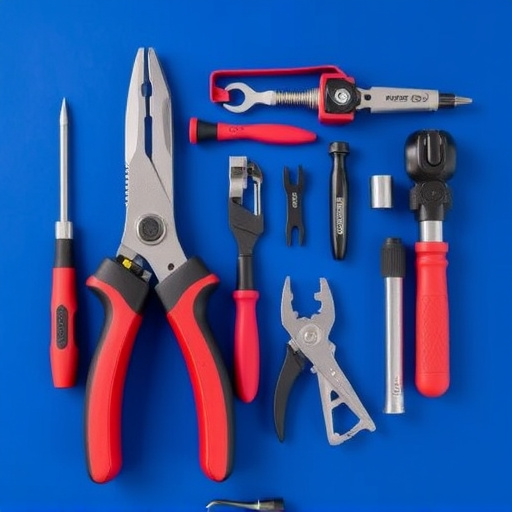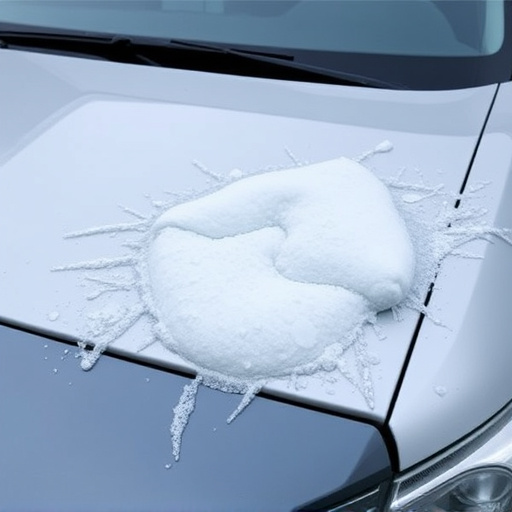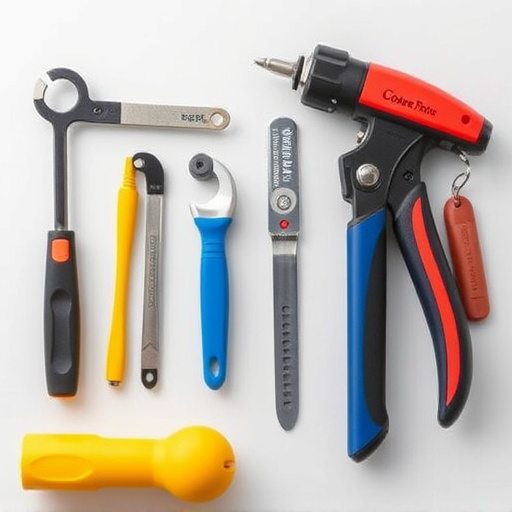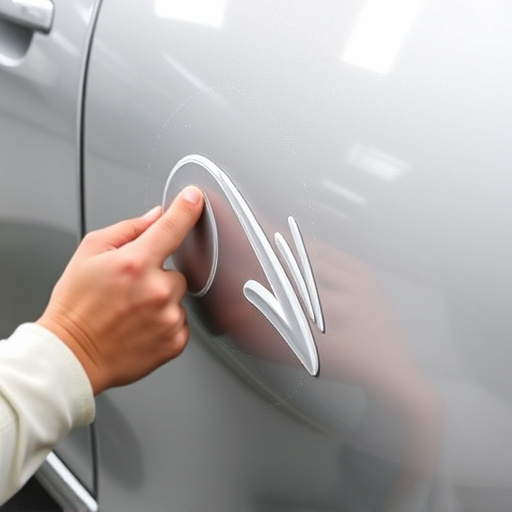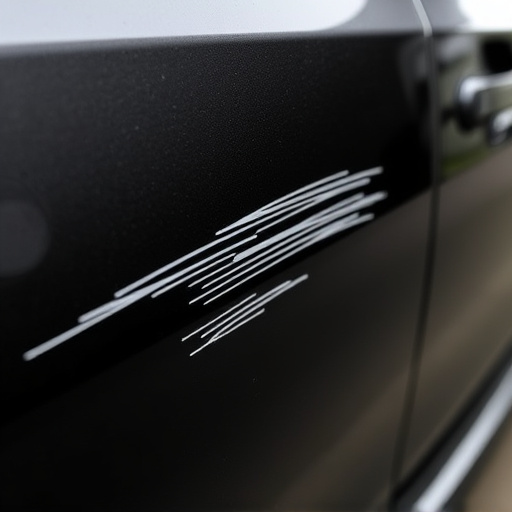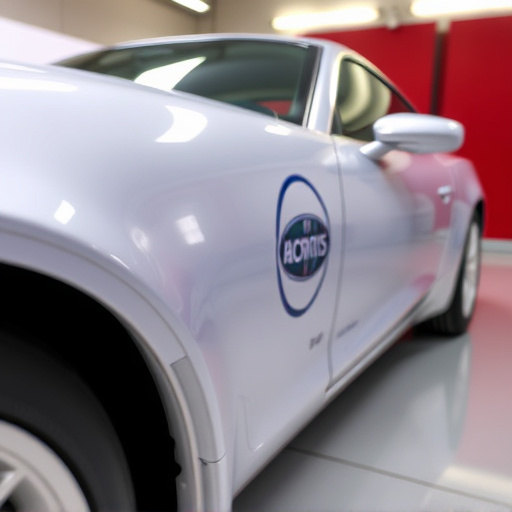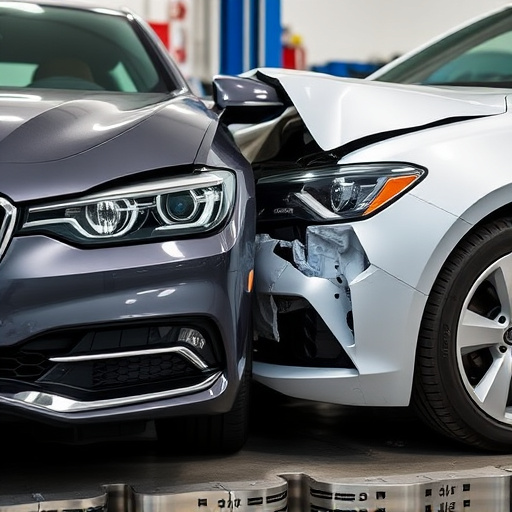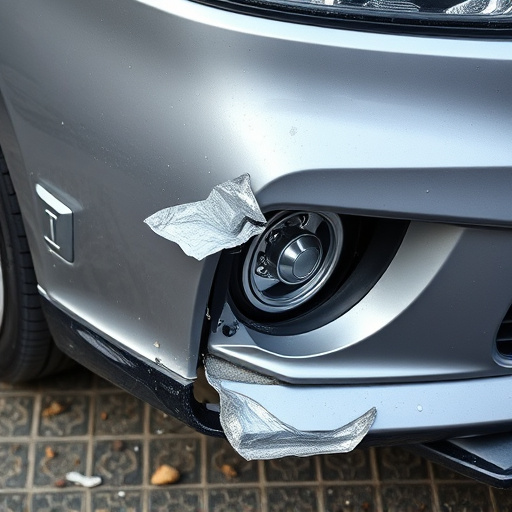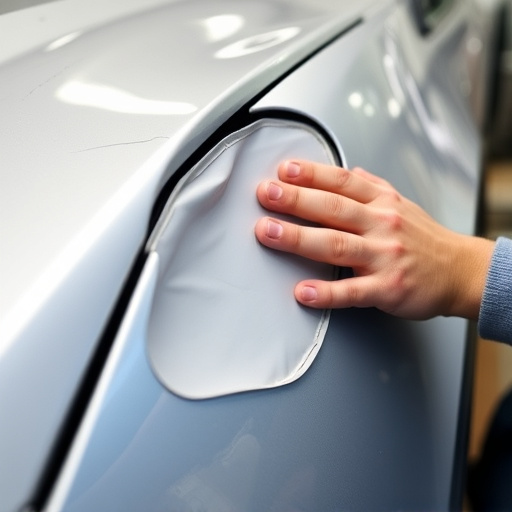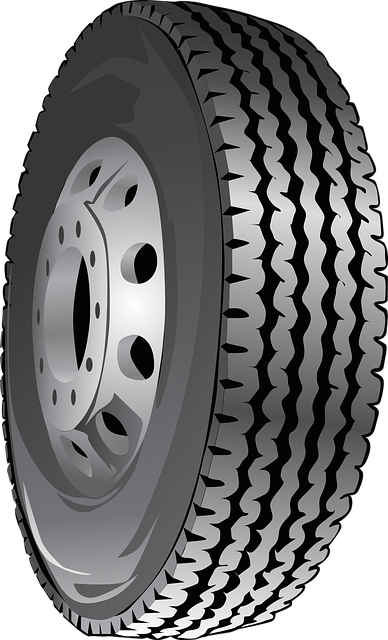Epoxy, polyurethane, and cyanoacrylate adhesives are leading structural adhesive bonding agents. Epoxy offers exceptional strength and durability for demanding applications like automotive repairs and construction. Polyurethane provides strong, flexible bonds across diverse materials, suitable for indoor/outdoor use. Cyanoacrylate creates instant bonds, showcasing remarkable strength and versatility in various industries.
“Discover the versatile world of structural adhesives, pivotal in enhancing the strength and durability of various materials. From demanding construction projects to intricate manufacturing tasks, different types meet unique challenges. Explore the properties and applications of epoxy adhesives, renowned for their robust bonds. Polyurethane adhesives stand out for their adaptability, while cyanoacrylate’s instant strength is ideal for tight joints. Learn how these common adhesive types contribute to superior structural bonding across industries.”
- Understanding Epoxy Adhesives: Properties and Applications
- Polyurethane Adhesives: Versatility in Structural Bonding
- Cyanoacrylate Bonding: Instant Strength for Demanding Joints
Understanding Epoxy Adhesives: Properties and Applications

Epoxy adhesives are a class of structural adhesive bonding agents renowned for their exceptional strength and durability. They consist of two components that react together to form a hard, rigid polymer. This chemical reaction creates a powerful bond capable of securing a wide range of materials, from metals and ceramics to composites and plastics. Epoxy’s versatility makes it a favorite in various industries, including automotive applications like car dent repair and car scratch repair, where its high tensile and shear strength ensures structural integrity.
Beyond the auto body shop realm, epoxy adhesives find use in construction, electronics assembly, and even art restoration. Their ability to withstand extreme temperatures, resist chemicals, and maintain bonding under stress conditions makes them indispensable for demanding projects. In many cases, epoxy’s unique properties surpass those of traditional adhesives, making it a game-changer for achieving robust and long-lasting structural adhesive bonding.
Polyurethane Adhesives: Versatility in Structural Bonding

Polyurethane adhesives have established themselves as versatile workhorses in the realm of structural adhesive bonding. Their unique chemical composition allows them to create strong, flexible bonds across a wide range of materials, from metal and plastic to wood and composite structures. This versatility makes them indispensable in various industries, including automotive repair where they’re used for frame straightening and dent removal, ensuring vehicles return to their original structural integrity.
Beyond auto repair shops, polyurethane adhesives are also commonly employed in construction and manufacturing due to their ability to withstand varying environmental conditions. Their resilience against moisture, chemicals, and extreme temperatures makes them suitable for both indoor and outdoor applications, further expanding their utility in diverse settings.
Cyanoacrylate Bonding: Instant Strength for Demanding Joints
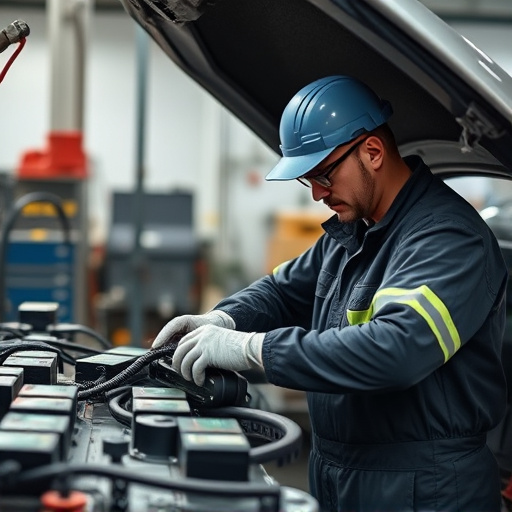
Cyanoacrylate bonding is renowned for its instantaneous strength and durability, making it a go-to choice for demanding structural adhesive applications. This type of adhesive forms a strong bond almost instantly upon contact with a suitable surface, offering exceptional holding power even in extreme conditions. Its versatility allows use in various industries, from automotive repairs near me to precision frame straightening at auto repair shops, ensuring quick and reliable assembly.
The strength of cyanoacrylate adhesives lies in their ability to create a chemical bond that overcomes the intermolecular forces between materials. This characteristic makes them ideal for bonding materials like metal, glass, and certain plastics, creating joints that can withstand significant stress and strain. Cyanoacrylates are also known for their resistance to chemicals, moisture, and extreme temperatures, further enhancing their performance in challenging environments.
Structural adhesive bonding plays a vital role across diverse industries, offering unparalleled strength and durability. From epoxies providing exceptional resistance to chemicals and heat, to polyurethanes’ versatility in various substrates, and cyanoacrylate’s instant bond strength, these common types cater to a multitude of applications. By understanding their unique properties, professionals can choose the most suitable structural adhesive for specific needs, ensuring robust and long-lasting connections.
